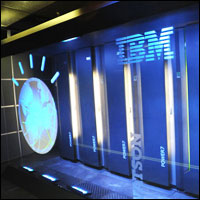
Fresh from a super-sized “Jeopardy” victory where it looked suspiciously like President Obama’s ubiquitous teleprompter, IBM supercomputer Watson is about to become Dr. Watson, M.D. assistant.
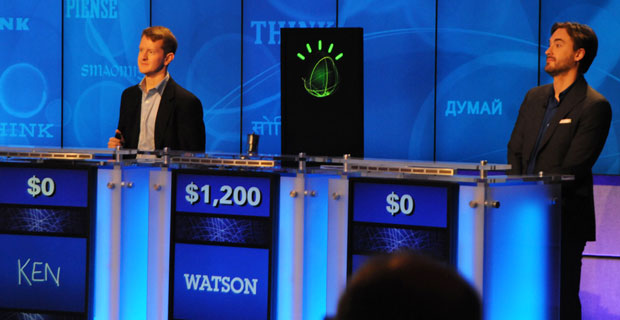
A joint venture will combine IBM’s question-answering, language-processing, and machine-learning capabilities with Nuance Healthcare’s speech-recognition and clinical-language understanding solutions to assist physicians in patient diagnosis and treatment, the two companies announced Thursday.
Joining the effort to put a Watson in every medical center’s computational cloud, Columbia University Medical Center and the University of Maryland School of Medicine will use the IBM-Nuance system to study diagnostic evidence from more potential sources than ever, including texts, prior cases and journals.
“Next generation” electronic medical records and computer diagnostic tools ushering in a “new era of computer assisted personalized medicine” represent the Watson project’s greatest potential, said Eliot Siegel, M.D., Director of the Maryland Imaging Research Technologies Laboratory at the University of Maryland School of Medicine.
“The implications of Watson indeed go far beyond a popular television show, and the consequences for the future are extraordinary,” said Darren Hayes, who chairs the Pace University Seidenberg School of Computer Science and Information Systems computer information systems program.
“Healthcare and medicine will definitely benefit,” Hayes told TechNewsWorld. “Intelligent systems will one day be able to accurately provide diagnoses based upon symptoms, medical tests, medical history, family history and reference journals.”
Clinical Nuance
With Watson’s help, Nuance hopes to “transform the capture, flow and use of clinical data” so that healthcare organizations arrive at smarter, more efficient clinical and business decisions, said Chairman and CEO Paul Ricci.
The transformation will involve real-time diagnosis and the application of broad population data to show which treatments work best, added Peter Durlach, senior healthcare marketing and product strategy vice president at Nuance.
“I like to think of Watson as an ultra high-tech physician’s assistant,” Durlach told TechNewsWorld.
“There’s a tremendous amount of medical information for physicians to search, process and sort, and Watson provides a powerful way to do all that automatically,” he said.
“Watson has the potential to help doctors reduce the time needed to evaluate and determine the correct diagnosis for a patient,” noted Herbert Chase, M.D., professor of clinical medicine at Columbia University College of Physicians and Surgeons.
Durlach envisions Watson — a room-sized mainframe system — “baked into a medical center’s IT cloud. It’s a scalable cloud system, and definitely an example of how — by centralizing data resources — cloud computing has helped bring supercomputing to a larger number of constituencies.”
Crichton-esque Concerns
If science fiction author and physician Michael Crichton were still alive, he might be crafting his latest take on technology run amok using the Watson project as inspirational fodder.
As such a vast repository of knowledge, Watson might take over, pushing doctors to abandon their own insights and intuitions.
Not to worry, Durlach explained. With so many years of training and practice, doctors may be the ultimate information judges — ever using it but never yielding to it.
“You know physicians,” he said. “They see themselves as the chief decision makers. The very tradition they come from would suggest a very, very low probability that they would take the computer’s decision over their own.”
On the other end of the worry spectrum, Watson isn’t always 100 percent competent. The Big Blue guy made some terrible guesses on “Jeopardy.” Could it similarly lead physicians astray?
Another unfounded fear, Durlach explained.
“As the professional decision maker, the physician is in control of the process and becomes the ultimate safeguard against misleading or questionable information,” Durlach said. “Watson is merely a database that can provide valuable insights, or lead a physician to ask further, more probing questions.”




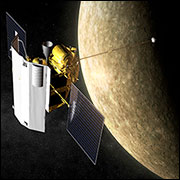




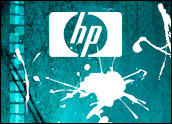
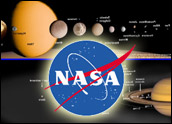











































I belive that Watson can help the curent medical community, but we have to take its help with caution. We all know that all computers can have glitches here and there. We also can’t let computers make our doctors depend on them. We pay these doctor’s way too much. So let’s let them use there minds, instead of letting a computer do their work.
The computer used Linux.
Not Apple. Not Windows.
Linux — the operating system of the future and the operating system of the supercomputers of the present.